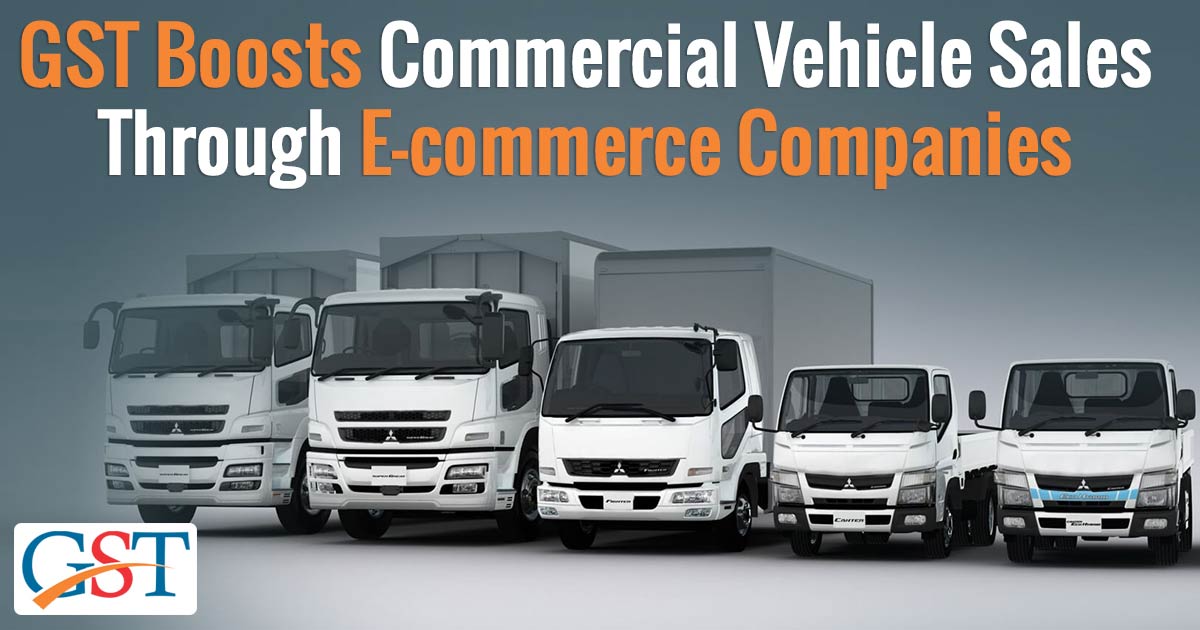
In the past, smaller trucks and CVs were used by e-commerce companies for last-mile connectivity. The launch of GST introduced rated load regime. This pushed the companies to change over to heavier vehicles as well. As per reports, the industry leaders Tata Motors and Ashok Leyland have recorded increase in sales of CVs.
Read Also: Goods and Services Tax Impact on E-commerce Sector in India
Anuj Kathuria, president (global trucks) at Ashok Leyland, said “While GST has resulted in better turnaround time and longer operating leads, rated load regime has triggered off an increase in demand of higher GVW (gross vehicle weight)/horsepower vehicles,” he said.
Vinod Sahay, CEO at Mahindra Truck & Bus, said “GST will impact and drive demand for CVs in the e-commerce sector.Growing inclination towards hub and spoke model is the driving factor for this segment”
About a year back, 25T long wheelbase vehicles with modern technology, better fuel efficiency, and reliability. However, a shift can be felt in the e-commerce driven transport sector with the surge in demand for 31T long wheelbase vehicles.
Shyam Maller, executive vice-president (sales and marketing) at VE Commercial Vehicles, a joint venture between Volvo and Eicher Motors also hinted for a brighter road ahead for this e-commerce driven transport sector.
What Do the Experts say?
With the number of online shoppers set to peak 175 million over the next 3 years and the government’s approval of 100% FDI in single-brand retail, experts now predict a sales figure of Rs 3,195 crore for e-commerce driven CVs over the next 2 years.
“The logistics sector pertaining to the e-commerce industry in India stood at $460 million in 2016 and is expected to grow at a CAGR (compounded annual growth rate) of 48% to reach $2.2 billion (or about Rs 14,057 crore) by 2020,” said R T Wasan, head (marketing and sales), commercial vehicle business unit, at Tata Motors.
Recommended: GST Impact on Automobile and Spare Parts Industry in India
R T Wasan also added, “Online retailers now deliver 12,500-15,000 pin codes out of nearly 100,000 pin codes in the country; with logistics and warehouses attracting an estimated investment of nearly $2 billion by 2020, the reach of online retailers to remote locations is set to increase.”
According to a report by the Retailers Association of India and the Boston Consulting Group, e-commerce market is expected to grow to $50-55 billion by fiscal 2021 from $ 6-8 billion now. In conclusion, GST has paved a less bumpy road ahead for Commercial vehicles.